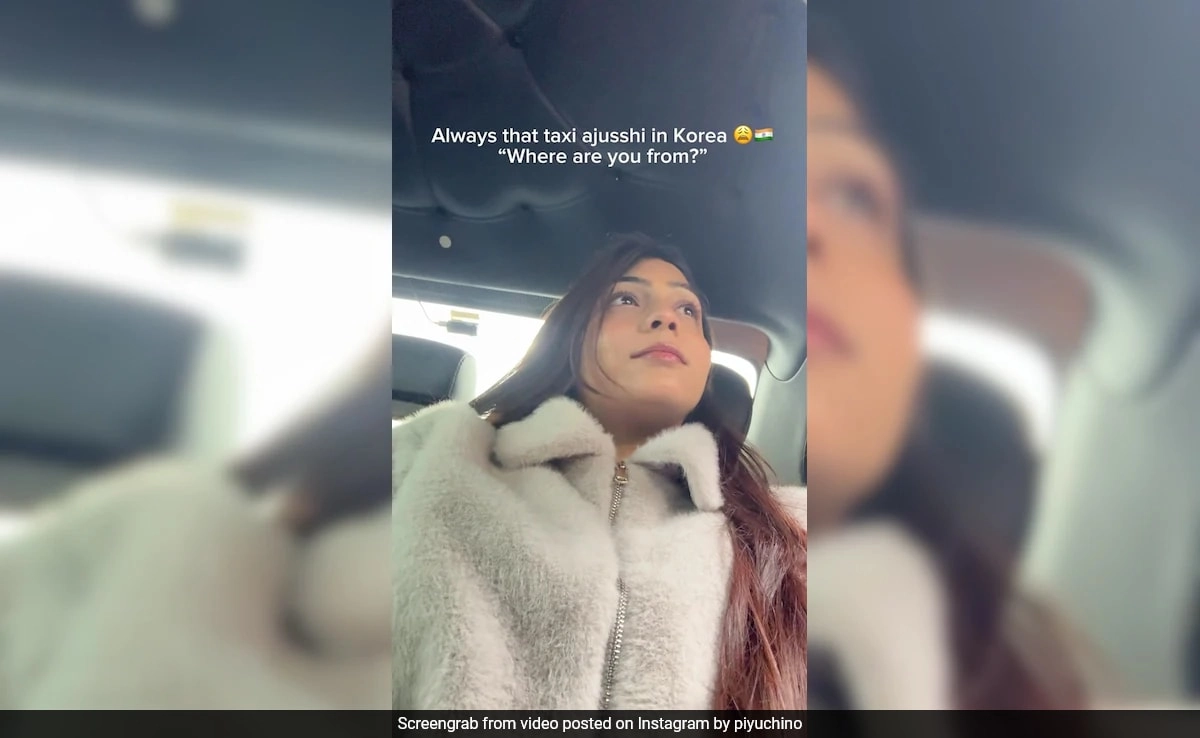Arvind Kejriwal, the Chief Minister of Delhi, has raised a series of pointed questions directed at Union Home Minister Amit Shah regarding the controversial law that allows for the removal of ministers who have been jailed. This law has garnered significant attention and raised concerns among various political circles, particularly in light of its implications for governance and accountability. Kejriwal’s inquiries focus on the rationale behind the law and its potential impact on the functioning of the Delhi government, as well as its broader implications for democracy and the rule of law in the country.
Kejriwal has emphasized the need for transparency and clarity in governance, arguing that such a law could lead to political misuse and undermine the democratic process. He has urged Shah to provide a detailed explanation about the criteria for determining which ministers could be sacked and the legal framework that supports this decision. The Chief Minister has expressed concerns that this could be a tool for political vendetta, especially against opposition leaders, and has called for a more comprehensive discussion on the safeguards necessary to prevent the misuse of such power.
Moreover, Kejriwal’s questions touch upon the broader implications of this law for the stability of the government and the principles of fair representation. He argues that if ministers can be dismissed based solely on their legal troubles, it could lead to a situation where political rivals are targeted, thereby destabilizing the government and creating an atmosphere of fear among elected officials. This situation raises significant questions about the balance of power within Indian politics and the importance of ensuring that laws are not used as instruments of political oppression.
In his inquiries, Kejriwal has also highlighted the need for a more robust legal framework that ensures accountability without compromising the integrity of the political system. He has called for a dialogue among political stakeholders to address these issues and to find a way forward that upholds the principles of democracy while ensuring that those in power are held accountable for their actions. As this debate unfolds, it remains crucial for leaders across the political spectrum to engage in constructive discussions that prioritize the interests of the public and the health of the democratic process.




